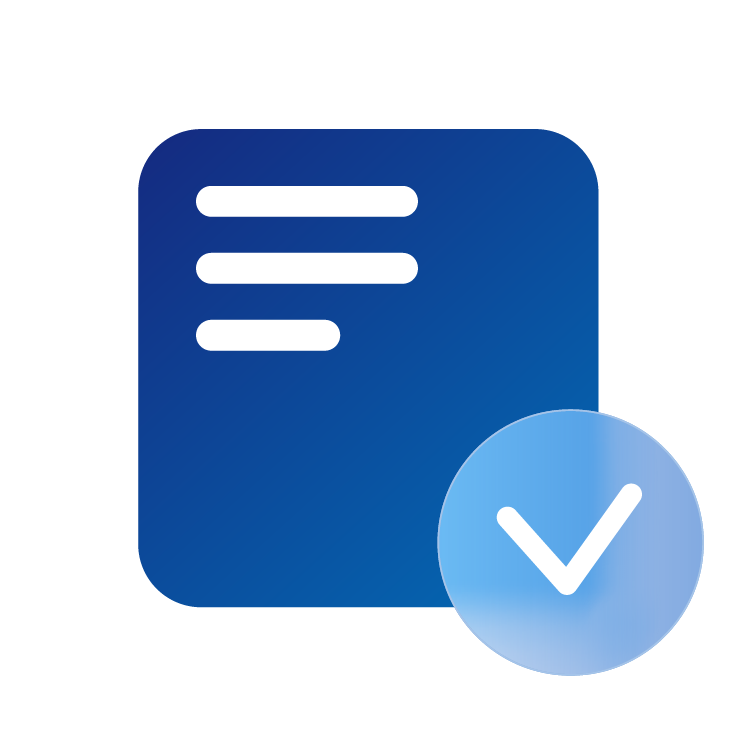A new approach
The ultimate Trust & Safety platform
- All data signals in one place
- End-to-end platform including moderation and AI-enabled detection
- Manual and automated processing
- Compliant by design
- Built to power content moderation best practices

A new approach
A fit-for-purpose, centralised platform to tackle the challenges many content moderation teams face

Disparate data and detection sources, tool fragmentation, information silos, inefficiencies

Manage « noisy » signals, like user reports

Suboptimal control, lack of transparency and insufficient robustness

Very manual decision making, leaving room to inconsistencies

Inconsistent execution of policies and terms of service
A new approach to Trust & Safety software
Our platform allows digital services to:
Moderate all content, no matter the source of detection, in one place
Streamline their moderation process
Generate operational efficiencies (of up to 50%)
Achieve better control and transparency
Ensure consistent application of their Terms of Service and Community Guidelines
Customise queue management and prioritisation rules
Compliance by design
A compliant-by-design platform to meet the EU Digital Services Act’s obligations, and beyond
- Effective notice and action system for user reports
- Customisable statements of reason
- Built-in appeal mechanism
- Built in consultation with a team of regulatory experts to meet all global compliance obligations
Value
Value and benefits

Fastest, cheapest, least risky path to compliance

Access best-in-class functionality

Drastically reduce inefficiencies, maximise productivity

Minimise your engineering time and cost

Achieve full visibility over, and control of, your moderation process
Contact us
- Are you looking for a demo of our platform?
- Do you want to know more about our advisory services?
- Would you like to talk to our expert team and evaluate your risks and needs?
Please fill in your contact details, and we will follow up with you shortly
